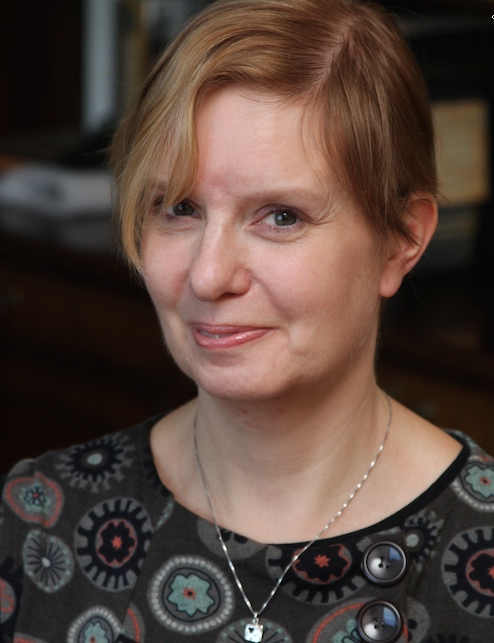“ORCID DE – Promotion of the Open Researcher and Contributor ID in Germany” is a three-year project, launched in February 2016 with funding from the German Research Foundation (DFG), to support ORCID adoption in Germany.
With more than 230 integrations in researcher systems and databases already in place, DFG obviously believes that ORCID has great potential to help standardize and connect information that is currently scattered across those systems and databases, thus allowing an overview of the research output of each researcher. They also recognize that, as an open and increasingly widely adopted identifier for researchers, ORCID is fast becoming accepted and used in academic everyday academic life.
The goal of the ORCID DE project is to support German universities and research institutions that are considering implementing ORCID to do so in a coordinated and sustainable approach, and the project will address organizational, technical, and legal issues alike. “Thanks to the financial support from the Deutsche Forschungsgemeinschaft we have now the opportunity to promote the use of ORCID in Germany. This is a strong signal for ORCID in Germany,” says Roland Bertelmann, head of the Library and Information Services at GFZ.
In addition to providing a central contact point for universities and research institutions, ORCID DE will focus on the cross-linkage and use of ORCID in open access repositories and publication services. The project also seeks to connect ORCID with the Integrated Authority File (Gemeinsame Normdatei, GND).
ORCID DE’s project partners are the Helmholtz Open Science Coordination Office at the GFZ German Research Centre for Geosciences, the German National Library (DNB) and the Bielefeld University Library. The project was initiated by the German Initiative for Network Information (DINI).
